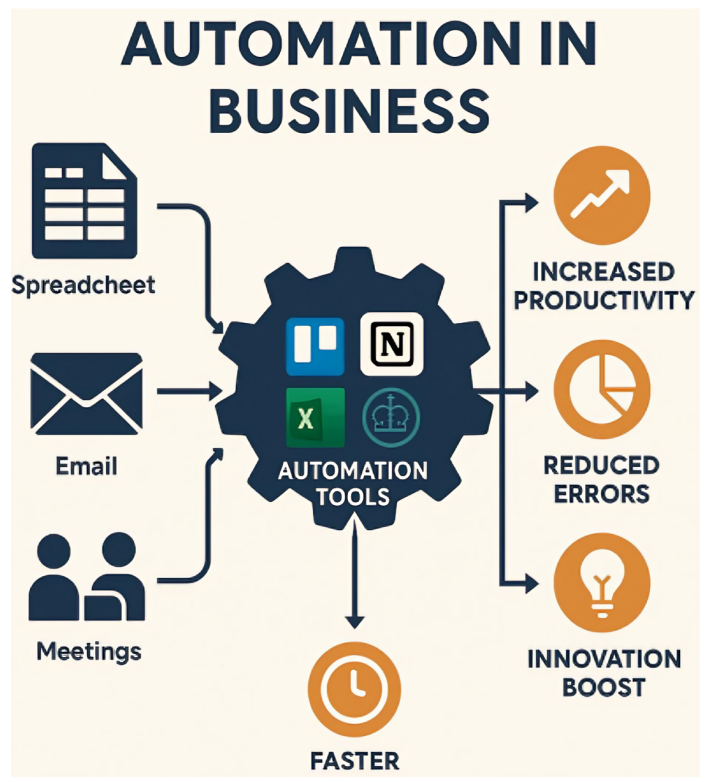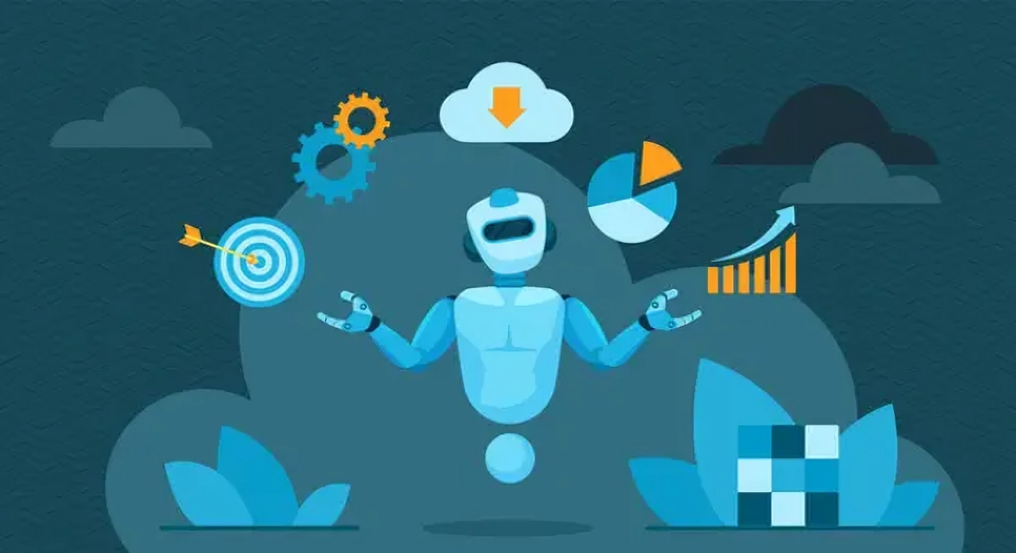With today’s fast-changing global economy, working smarter, not harder has moved beyond being a catchphrase to being a business necessity. By April 2025, 72% of world businesses in industries like technology, finance, and logistics have seen a 25% quarterly rise in productivity & the force behind it? Habit-based automation.
Global Rise of Automation Tools

From multinational corporations like Siemens to startups in Ghana and Vietnam, habit based automation tools such as Trello, Monday.com, and ClickUp are transforming the way
teams collaborate. In Vietnam, businesses saw a 30% increase in task management effectiveness, boosting growth by 43%.
Eradicating Human Error in Operations
In industries like logistics, automation is driving operational precision on a level never seen before. A 2023 report by SAP concluded that businesses leveraging SAP S/4HANA in North America and Europe reduced inventory discrepancies by 50%, leading to leaner supply chains and allowing employees to divert time to strategic high-value activities. The illustration is attestation to the parallel good alteration in the accounting profession, with financial activities now more precise and quicker with the use of computerized accounting programs such as Zoho Books, Xero, and QuickBooks Online. The Polish SMEs that implemented Zoho Books were discovered to limit financial reporting inaccuracies by 28% and gain a 36% improvement in reporting exactness within only three months, embracing a 2024 World Bank study. These tools automate reconciliations & data entry and provide real-time intelligence to facilitate data driven decisions. Similarly , logistics, automation in accounting shifts professionals away from manual, error-prone tasks to more analytical roles aimed at compliance, forecasting, and strategic development.

Creativity Through Efficiency
In Ceará, Brazil, the fusion of habit-based automation and technology grants led to a 51% innovation output increase within 14 months. Automating routine functions liberates time and sparks creative problem-solving and product development.
Learning Curve & Skill Adaptation
The learning curve effect means automation becomes easier and more effective over time. From 2020 to 2023, businesses in Kenya and Poland adopting tools like ClickUp and Notion were 74% more likely to meet KPIs within six months, thanks to intelligent prompts and feedback mechanisms that reduce training friction.
Rapid Onboarding with Smart Tools
Tools like HubSpot CRM, Google Cloud AutoML, and Notion enable cross-departmental onboarding. The average company reported KPI success within one month of tool adoption between 2020 and 2023 in key regions such as Eastern Europe and Sub-Saharan Africa.
Case Study: Google’s OKRs Model:
Since 1999, Google’s Objectives and Key Results (OKR) framework has automated goal tracking. By 2004, OKRs improved project delivery by 300%, showcasing how automated goal-setting builds trust, accountability, and excellence—becoming a tech-industry gold standard.

Smarter Decision-Making Through Automation
Analytics platforms like Power BI, Tableau, and Zoho Books are shaping strategic decisions. A 2022 Harvard Business Review study reported a 35% increase in decision-making effectiveness with Power BI, while a 2024 World Bank study found that Polish firms using Zoho Books saw a 28% drop in financial errors and 36% better reporting accuracy within three months.
Looking Ahead: Automation as the Future
With global productivity forecasted to grow 25% by Q1 2025, companies that integrate habit-based automation will be the frontrunners. By automating repetitive tasks and refining processes, businesses unlock not just efficiency, but innovation and sustainable success.
Final Words for University Presidents and Emerging Professionals
On the leading edge of a new digital era, the summons to university presidents, teachers, and high-achieving students is at once urgent and exhilarating. Habit-based automation is no longer a fleeting trend, it is the bedrock of long-term success and strategic advantage in the evolving workplace.
For universities today and professionals tomorrow, the way forward is absolutely clear: • Learn automation tools early in your career and educational journey. Notion, ClickUp, SAP S/4HANA, and Zoho Books aren’t extravagance niceties—they’re foundational tools of productivity, precision, and purpose in all industries.
- Foster a culture of habit-forming, ongoing evolution. Small actions, when performed consistently, sum up to revolutionary change, fueling both personal growth and institutional excellence.
- Build digital agility and resilience. The capacity to lead, adapt, and learn within technology-enabled contexts will increasingly signify professional sustainability as well as leadership capacity in today’s globalized economy.
In reality, the future will go to those who not only welcome automation but also masterfully wield it as a tool of innovation, leadership, and inspiration. This is an invitation to university presidents to infuse automation fluency into every field & to every student, a call to see technology not as a challenger, but as a co-creator of a wiser, more effective future.

